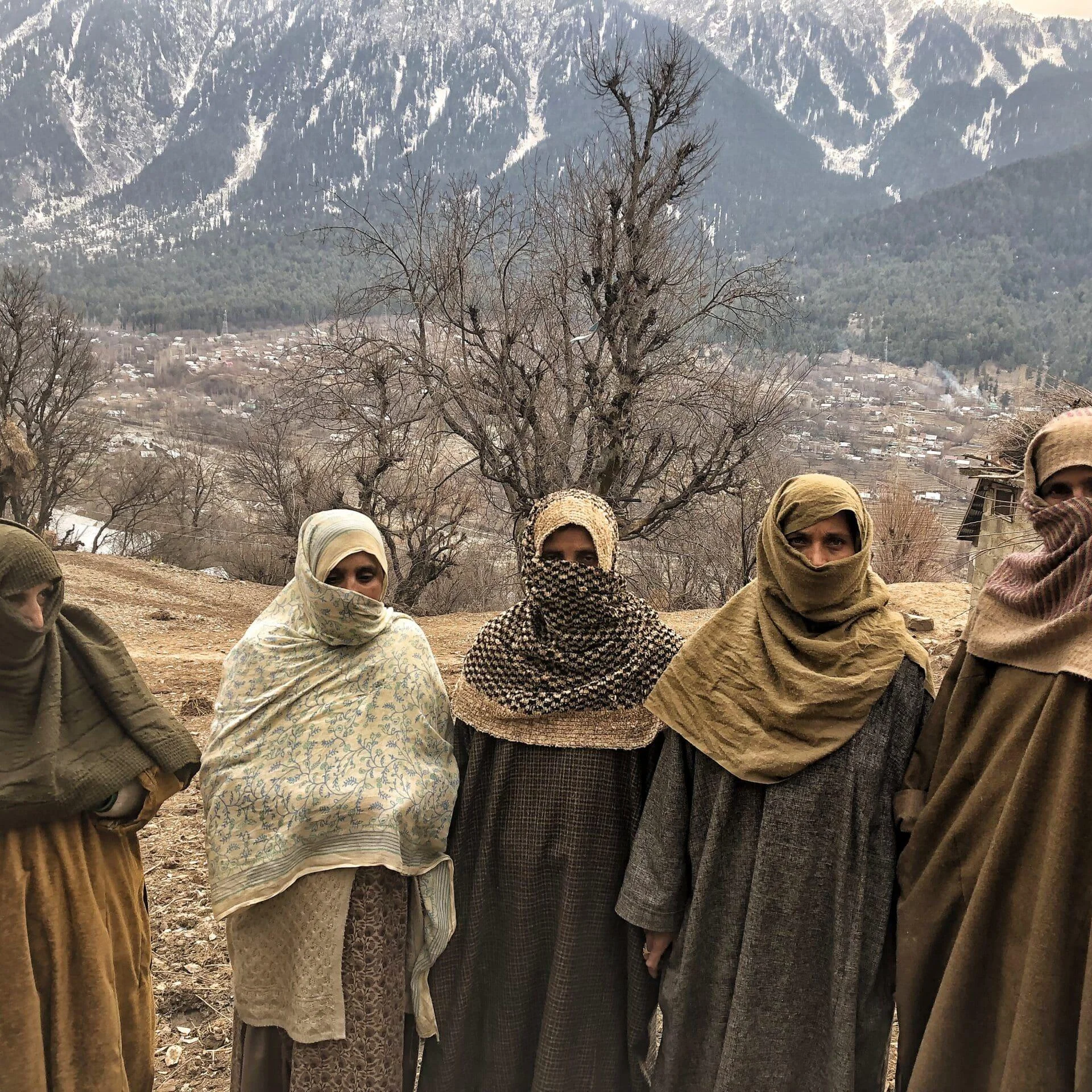Tensions are rising in the remote village of Mamer in Jammu and Kashmir. This follows an incident where a forest official is accused of assaulting members of the Gujjar community. The incident took place during a protest about a nursery being built on land the community uses for grazing their animals. The event, which happened in early February, highlights the ongoing struggles of tribal communities in the region. They are fighting for their rights under the Forest Rights Act (FRA) of 2006.
The Heart of the Conflict
The Gujjar community depends on grazing lands for their livestock. They say building the nursery breaks their rights under the FRA. The alleged assault by the forest official has made the situation worse, causing anger and demands for justice. This isn’t the only time tribal communities in Jammu and Kashmir have had problems protecting their land rights and way of life.
The community’s concerns revolve around the use of land they consider vital for their traditional livelihood. They argue that the construction not only disrupts their grazing practices but also threatens their cultural heritage tied to the land. Therefore, the incident has sparked broader discussions about land rights and the protection of tribal communities in the region.
Understanding the Forest Rights Act
The Forest Rights Act (FRA) of 2006 aims to fix past wrongs against tribal communities by acknowledging their rights to forest lands and resources. However, the FRA hasn’t been put into practice well in many parts of India, including Jammu and Kashmir. As a result, tribal communities and government groups still disagree about how land should be used and managed. It is important to learn about other legal frameworks that protect vulnerable communities. For example, you can find more information about the Scheduled Tribes and Other Traditional Forest Dwellers (Recognition of Forest Rights) Act, 2006.
Key Provisions of the FRA:
- Recognizes the rights of tribal communities to use and manage forest resources.
- Aims to correct historical injustices by granting land titles.
- Promotes conservation and sustainable use of forests.
The Path Forward
The situation in Mamer shows how important it is to make people more aware of the FRA and to enforce it better. This will protect the rights and lives of tribal communities in Jammu and Kashmir. Without proper enforcement, these communities may continue to face displacement and conflict over their lands.
This conflict stresses how important it is to consistently enforce the Forest Rights Act to protect the rights of these tribes. By ensuring that the FRA is properly implemented, the government can help protect the rights and livelihoods of tribal communities.
